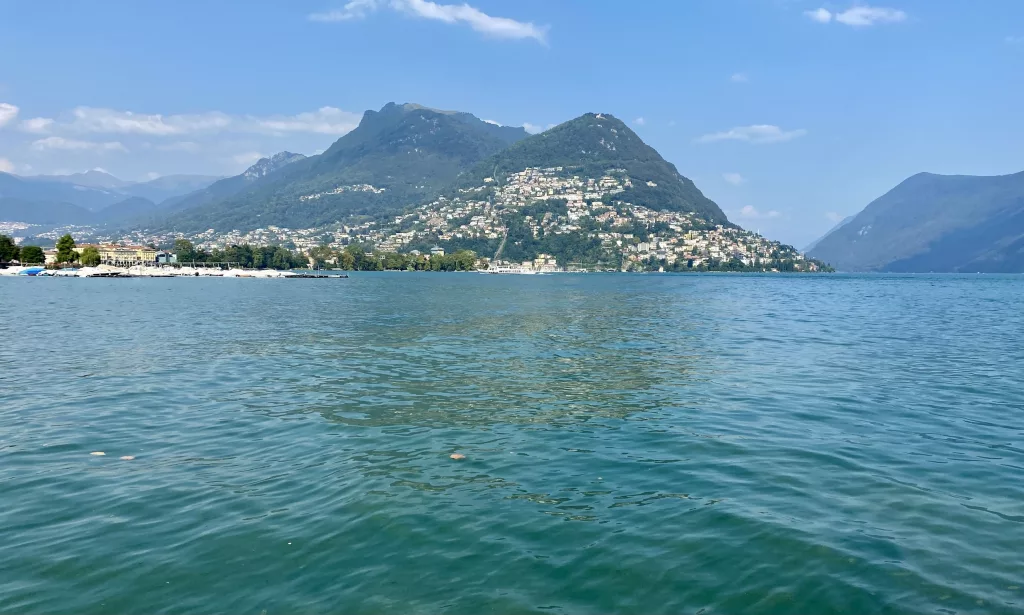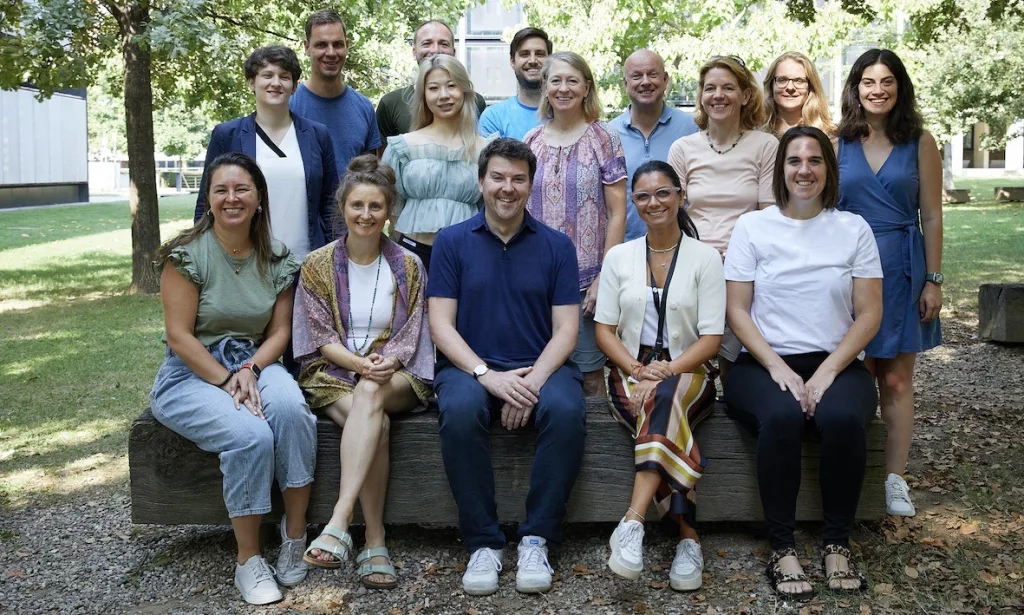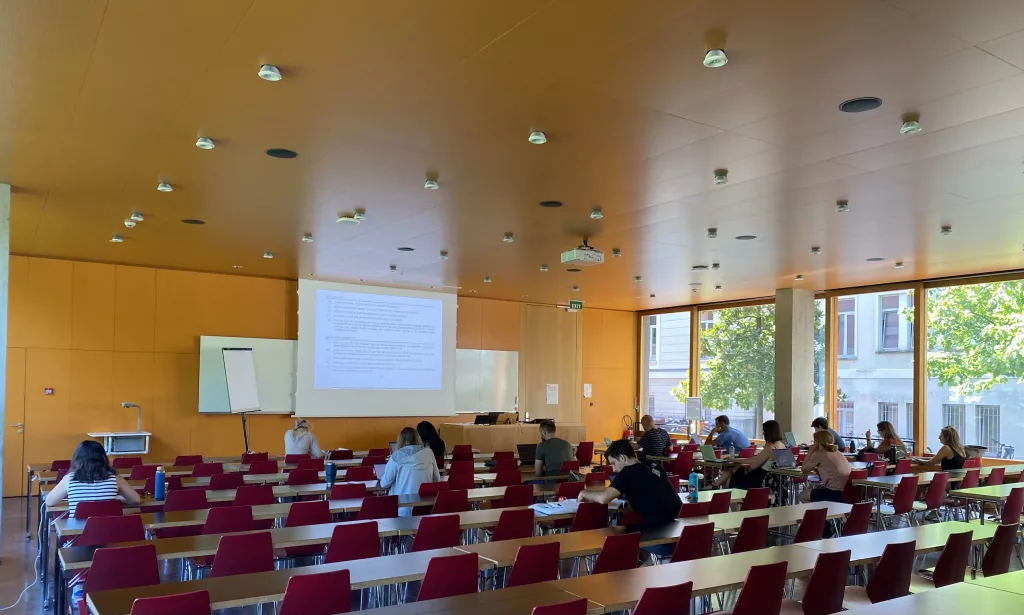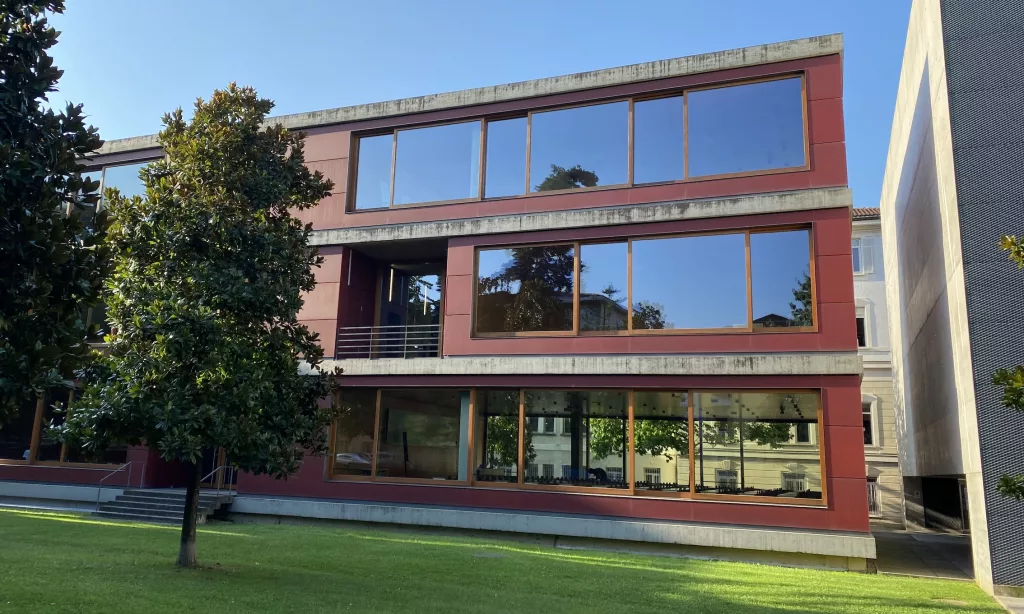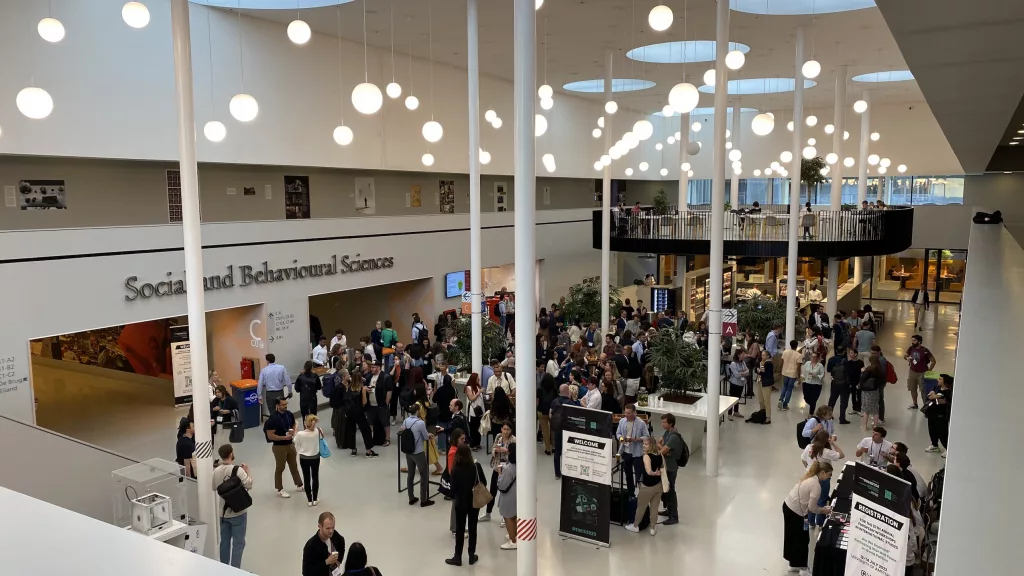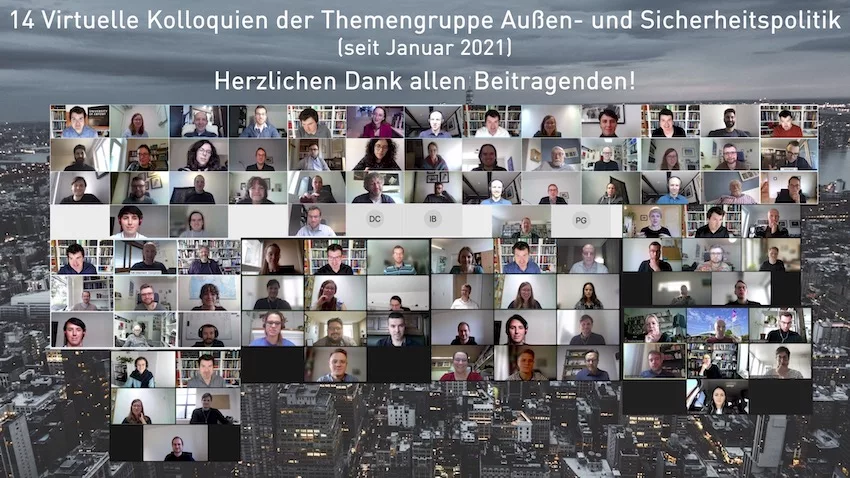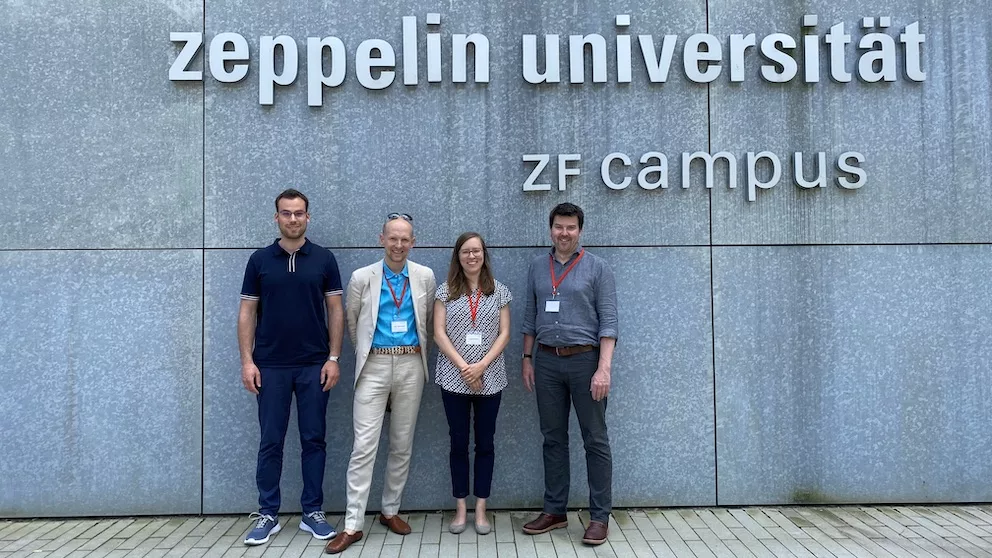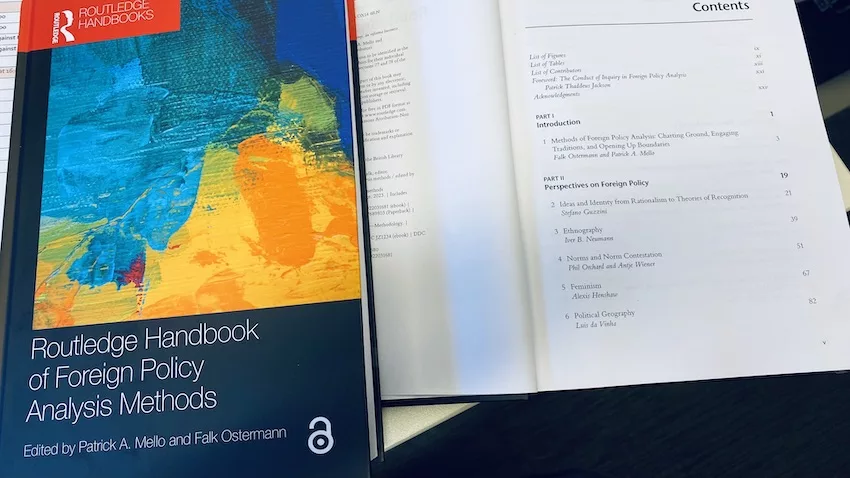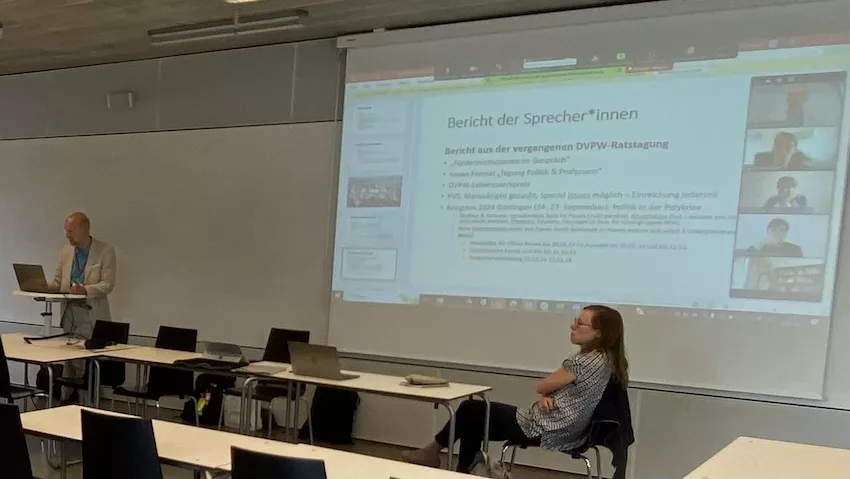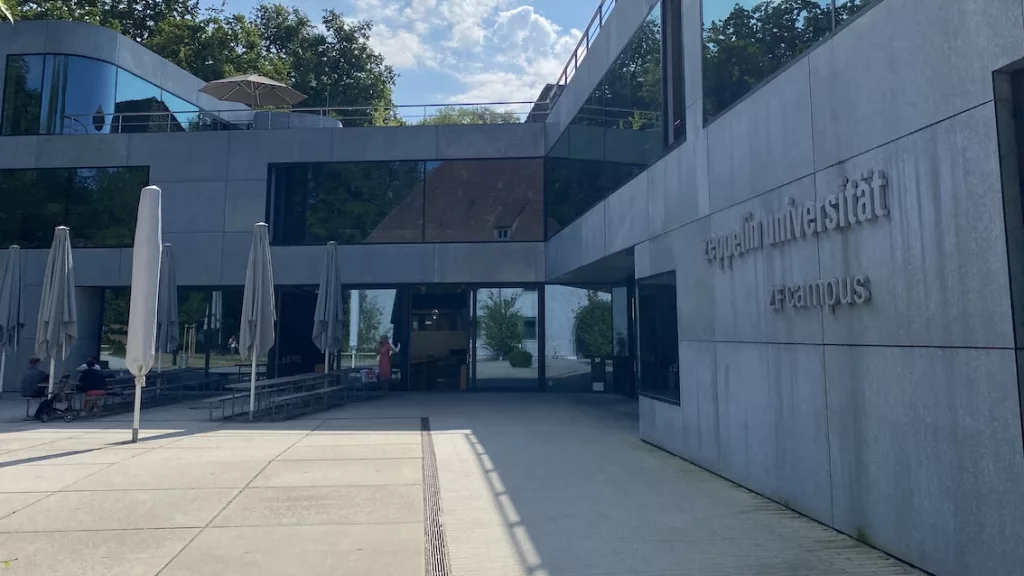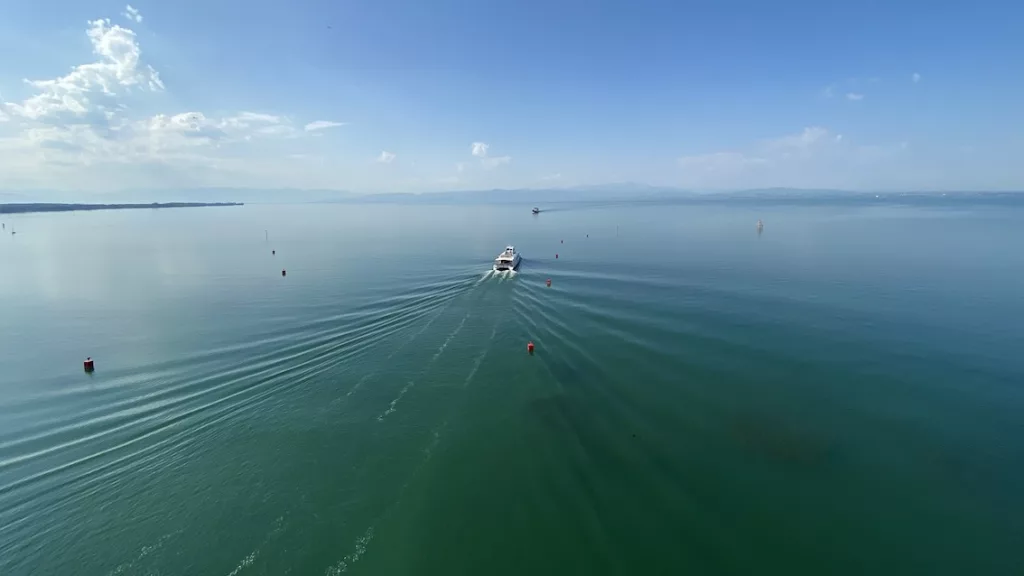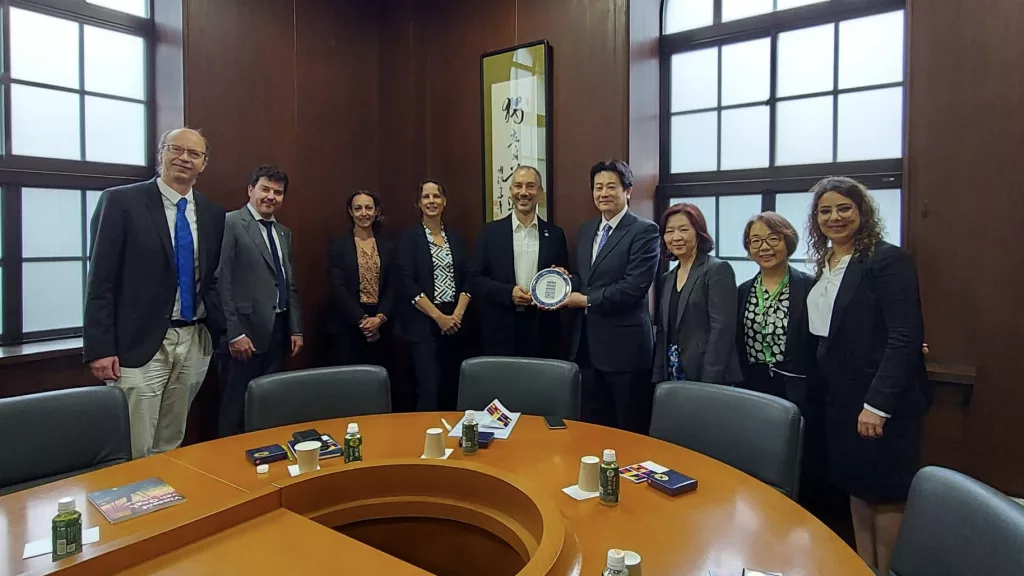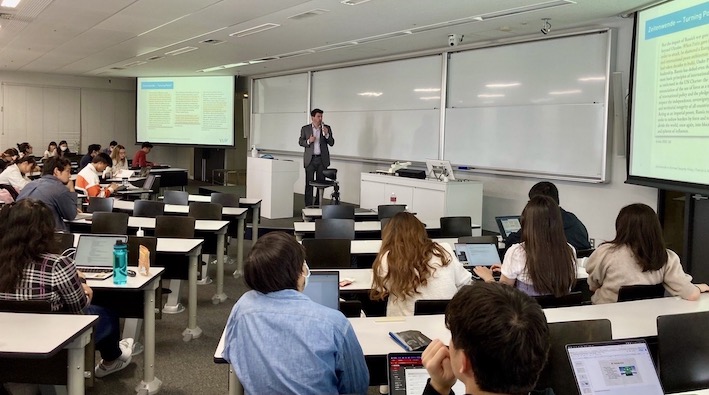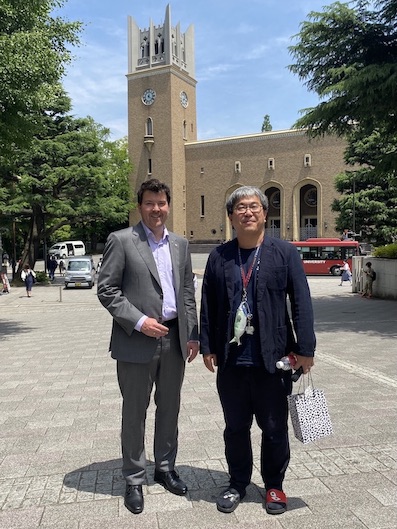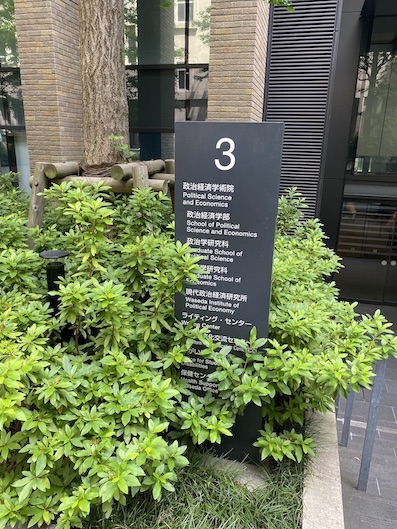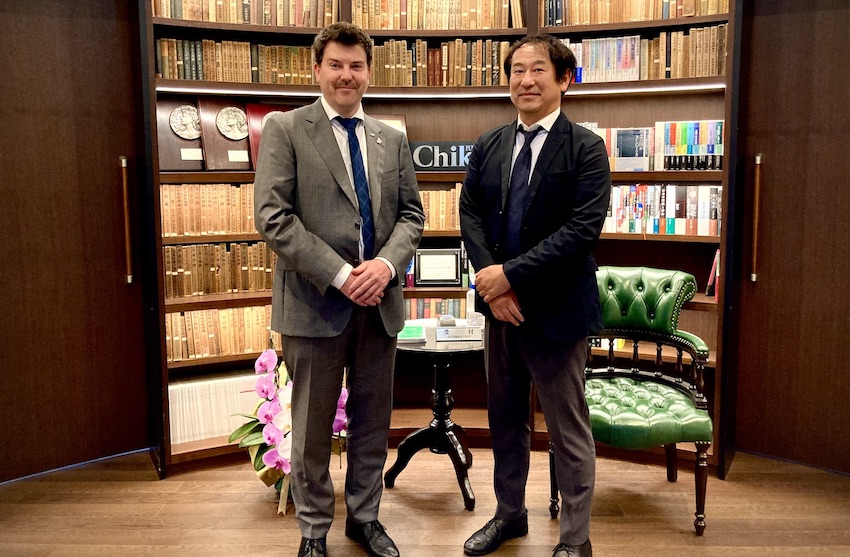I reviewed Richard Ned Lebow’s The Quest for Knowledge in International Relations: How Do We Know? (Cambridge University Press, 2022) for the latest issue of Political Science Quarterly. The book review is available here.
From the review: “In his book The Quest for Knowledge in International Relations, Richard Ned Lebow addresses foundational questions about the academic enterprise of international relations (IR). What counts as knowledge in the discipline? By which methods and approaches can it be pursued? And on which grounds can knowledge claims be made? These overarching questions structure Lebow’s survey, while the topics of individual chapters are approached from the divide between positivism and interpretivism. […]
Quest for Knowledge makes a plea for more conscious reflection upon questions of epistemology and the premises upon which our methodologies and methods rest. The book also acknowledges the diversity of approaches in IR, under the broad tents of positivism and interpretivism. As Lebow argues, the categories of positivism and interpretivism “do not exhaust the ways in which we can frame and seek knowledge but do capture nicely the dominant research traditions in international relations” (221). This resonates with a similar argument by Gary Goertz and James Mahoney, put forth in A Tale of Two Cultures, namely that empirical studies in the social sciences can be separated into quantitative and qualitative methodological cultures. However, as David Kuehn and Ingo Rohlfing have shown in a pilot study, methods practices could not be neatly classified into two cultures and, especially, qualitative research showed much more diversity than the common label suggests.
Although one may question whether the binary distinction between positivism and interpretivism accurately portrays the field of IR, this does not diminish the substantial contribution of Lebow’s book, which should be essential reading for doctoral students and more senior researchers alike. The Quest for Knowledge successfully lifts the scaffolding of IR research to interrogate what is often relegated to the sidelines or not discussed at all in books on research design and methods. Lebow disentangles prevailing conceptions of “cause” and he keenly identifies the analytical dilemmas that are inherent in the main research approaches. The discussion of four research strategies on how to deal with the challenges of causal analysis (190–97) is particularly enlightening.”
